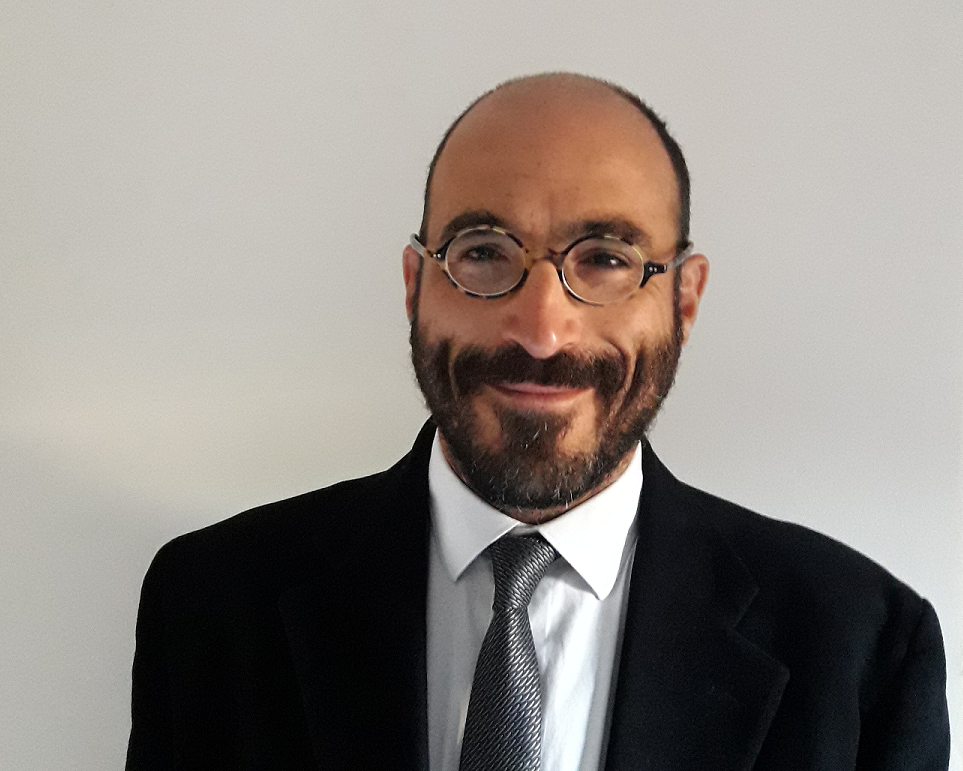Professor Matteo Richiardi takes over as the new Director of EUROMOD, the tax benefit microsimulation model developed at ISER, on 1 October 2018, as Professor Holly Sutherland retires from the University of Essex at the end of the year.
Professor Richiardi has been at the Institute for New Economic Thinking at the Oxford Martin School at the University of Oxford for the past five years, and before that at the University of Torino in Italy. He has also worked as a consultant on labour market and social protection policies for the World Bank and national government agencies, and is the Chief Editor of the International Journal of Microsimulation.
EUROMOD is the tax benefit microsimulation model covering 28 countries in the European Union. Developed at Essex and used worldwide, it has become increasingly influential and is heavily used by the European Commission for policy formulation and analysis.
In recent years, the tool’s use has extended beyond the EU. EUROMOD’s flexibility – of approach and software – means that it can be adapted to shortcut the process of building tax-benefit models with potentially comparable outputs for any country or region. There are now models based on EUROMOD that have been developed for more than a dozen non-EU countries: Russia, Macedonia, Serbia, Australia, South Africa, Namibia, Tanzania, Mozambique, Ghana, Ethiopia, Zambia, Vietnam, Colombia and Ecuador.
Professor Richiardi said: “I am greatly honoured to take over the responsibility of Director of EUROMOD from Holly.
Holly has been for so long a genuine force in microsimulation modelling, providing true leadership with a light but incredibly firm touch, and dispensing advice (and good humour) to cohorts of collaborators and friends. In these few months of overlap since I joined the University of Essex, I have learned to appreciate her style, together with her clear vision and deep knowledge of all aspects of tax and benefit microsimulation modelling.
Thanks to the efforts of Holly and the whole EUROMOD team at Essex, EUROMOD is recognised as one of the most successful examples of microsimulation modelling for its wide country coverage, its attention to model validation and internal and external consistency, its institutional and scientific relevance. EUROMOD constitutes a comparative advantage in policy analysis and scientific research in the UK and the European Union. The adoption of EUROMOD by the European Commission itself, which is gradually taking responsibility for the maintenance and updating of the model, is the conclusion of a success story, or at least of an important chapter of the story. This poses new challenges but at the same time creates new opportunities for the EUROMOD team at Essex. Once the day-to-day management of the core model will be transferred to the Joint Research Centre of the Commission in Seville, the Essex team will be able to focus on new developments, extending and improving the tool, adapting it to new data sources, linking it to behavioural and dynamic components, making it even more accessible to researchers and policy analysts, with the ultimate goal of advancing the use of microsimulation modelling in the scientific and policy arena.
This is therefore a crucial moment for being at the helm of EUROMOD, a moment when knowledge of the past needs to be combined with imagination for the future. I am strongly convinced of the role of computational models for counterfactual policy analysis and evaluation, whether they are tax-benefit models, dynamic microsimulations, agent-based micro-to-macro models, or a combination. In many ways, simulation is at the core of the rapid advances of science and technology in the past decades, from engineering to computational biology, astrophysics and weather modelling. In the social sciences we are only at the beginning of a similar wave of change. With its history and its competences, the EUROMOD team at Essex is in a perfect position to build upon the models developed in the past 20 years. I’m looking forward to developing our models further, working with colleagues in ISER and the rest of the University, exploiting synergies with other ISER activities, and exploring collaborations with government agencies, think tanks and research institutions in the UK and abroad. My goal will be to make EUROMOD, ISER and the University of Essex even more the «Home of Microsimulation».”
